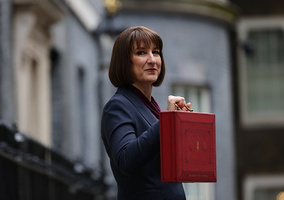A new report from sector think tank PBE has recommended that charitable funders should start to measure wellbeing in order to understand “the true value” of social impact programmes that they fund.
Published today, the report says that wellbeing measurement has increasingly become a “simple and pragmatic way” to capture what matters most to many voluntary sector organisations and funders.
As a signifier of impact, it says that wellbeing data has become more useful since the Office for National Statistics started to measure the UK population’s overall life satisfaction and mental health through a standardised set of questions in 2011.
PBE’s report examines how organisations such as Olympics legacy funder Spirit of 2012 made use of personal wellbeing data in order to assess the impact and cost effectiveness of its funded programmes.
Standard funder measurements ‘unworkably complex’
The report describes typical funder measurement frameworks as often “unworkably complex, with an array of different outcome measures covering multiple different dimensions”.
It says that without such data, many small charities in particular have no financial outcomes to report the monetary benefit of their activities and the social outcomes that they generate.
Wellbeing data more easily allows charities to assess the value for money of grants they may be awarded, the report says, and is increasingly being used by central government.
Jon Franklin, PBE’s chief economist, said: “Funders can use wellbeing measurement for robust, insightful and proportionate impact measurement.
“PBE’s report adds to a growing credible evaluation movement whereby more and more funders and social sector organisations are applying monetary value to increases in wellbeing to assess policies and interventions.”
Related Articles












